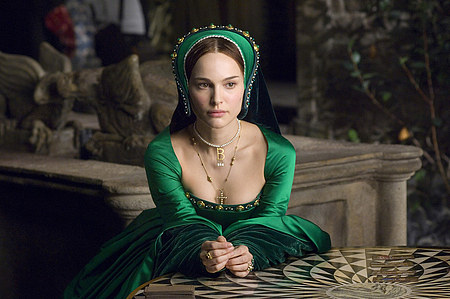Once upon a time, I had an established writing routine that worked. I knew how my process unfolded, how to write until I got to the flow of telling the story without fear (more or less) and without thinking about and criticizing every keystroke. I was able to freewrite and know that I could come back later to edit.
Then life took a sharp left turn and I was unable to follow my old routine and so was unable to write.
For awhile I was too busy dealing with life to think much about it, but lately I feel like part of me is withering away from lack of sunlight and air and attention. I have tried sitting down at odd times to write and started at the blank page with an apparently empty mind. I can almost hear the crickets chirping. No, not even crickets. Nothing but a bit of dust blowing across an empty street and maybe the occasional tumbleweed. A desert.
I started out Googling on things like inspiration, procrastination, writer’s block. I tricked myself by saying I'd just take a few notes. But as notes sometimes do (at least in my world), they took on a life of their own. In the process, I made a few self-discoveries (one of which is that I probably need some counseling). Of course the editor’s voice inside my head has grown stronger each day that I haven’t been writing, like that plant in Little Shop of Horrors.
I need to use some self-discipline to find a new routine and rediscover the joy of writing.
But how do I rediscover the joy of writing? Of sinking into a world of characters I have given birth to? How do I relearn how to turn off the editor, to freewrite, discover characters and stories, to ride the current of the swift-moving river of writing?
I always believed (and still do) that pain, turmoil, stress, troubles—anything negative in my life can be turned into fiction. Everything is fertilizer or fuel. Take lemons and make lemonade. Or as Nicole has often told me, "spin sh!t into gold." But I have discovered that going through a life-altering change has actually blocked me rather than inspired me. When I sit down to write—even for 15 minutes—I can write nothing but a bland calendar entry or the shallowest of descriptions.
I've justified my block with a variety of reasons - mostly blaming my over-booked schedule. In trying to map a way back into writing, I accidentally bumped into the real reason I have been avoiding the page instead of facing it. I realized I am afraid to write about my deepest feelings. I am afraid that to express myself is to judge myself, or leave myself open to judgment. I am afraid that if I uncork the bottle, my feelings will come pouring out in a froth of pain that will paralyze me. I am afraid to let loose the pain and find I am unable to leash it again. I can't afford the luxury of a meltdown, a breakdown, or even a king-sized pity party, and so I have kept the door locked on pain which might otherwise fuel a thousand characters.
And I've used procrastination as a way to avoid facing the page. It's safer than facing the real reasons I am afraid to write. I hope that by pushing my way past the procrastination, I will also be able to push past my fear.
My favorite excuses:
Excuse: "I can't possibly take time to write until I have cleaned my bathroom, kitchen, garage, basement..."
Truth: There are no conditions that are necessary in order to write, save two: 1) a writing implement (a keyboard or a pen) and 2) someplace for the writing to go, such as into a computer or onto a piece of paper.
Excuse: "In order to write, I must have six uninterrupted hours." (something I had in my life as a stay-at-home mom and which is no longer even a vague possibility)
Truth: It is possible to write an entire novel in one hour blocks (or shorter). Even a page a day will add up to a 400 page novel after only little more than a year.
Cures:
-Make an un-schedule ( a realistic schedule which shows the time you spend doing all those untimed activities during the day - cooking, eating, email/phone calls, family time, showering, etc) and then block in small bits of time to write.
-Set the timer and honor it. 15 minutes is easier to fit into a busy schedule than an hour, and you will be more likely to sit down and write. Even if you want to keep writing, stop. "The procrastinating self needs to be able to trust your new non-procrastinating self the next time you say you will only write for a certain amount of time."
-Be accountable to someone.
What are your excuses? What are the possible cures?
 Call us crazy, but all of us at Face The Page are taking on the NaNoWriMo challenge this year. For the uninitiated, that means each one of us are committing to write an entire novel - 50,000 words - in the month of November. As if we didn't have enough to do, right?
Call us crazy, but all of us at Face The Page are taking on the NaNoWriMo challenge this year. For the uninitiated, that means each one of us are committing to write an entire novel - 50,000 words - in the month of November. As if we didn't have enough to do, right?






